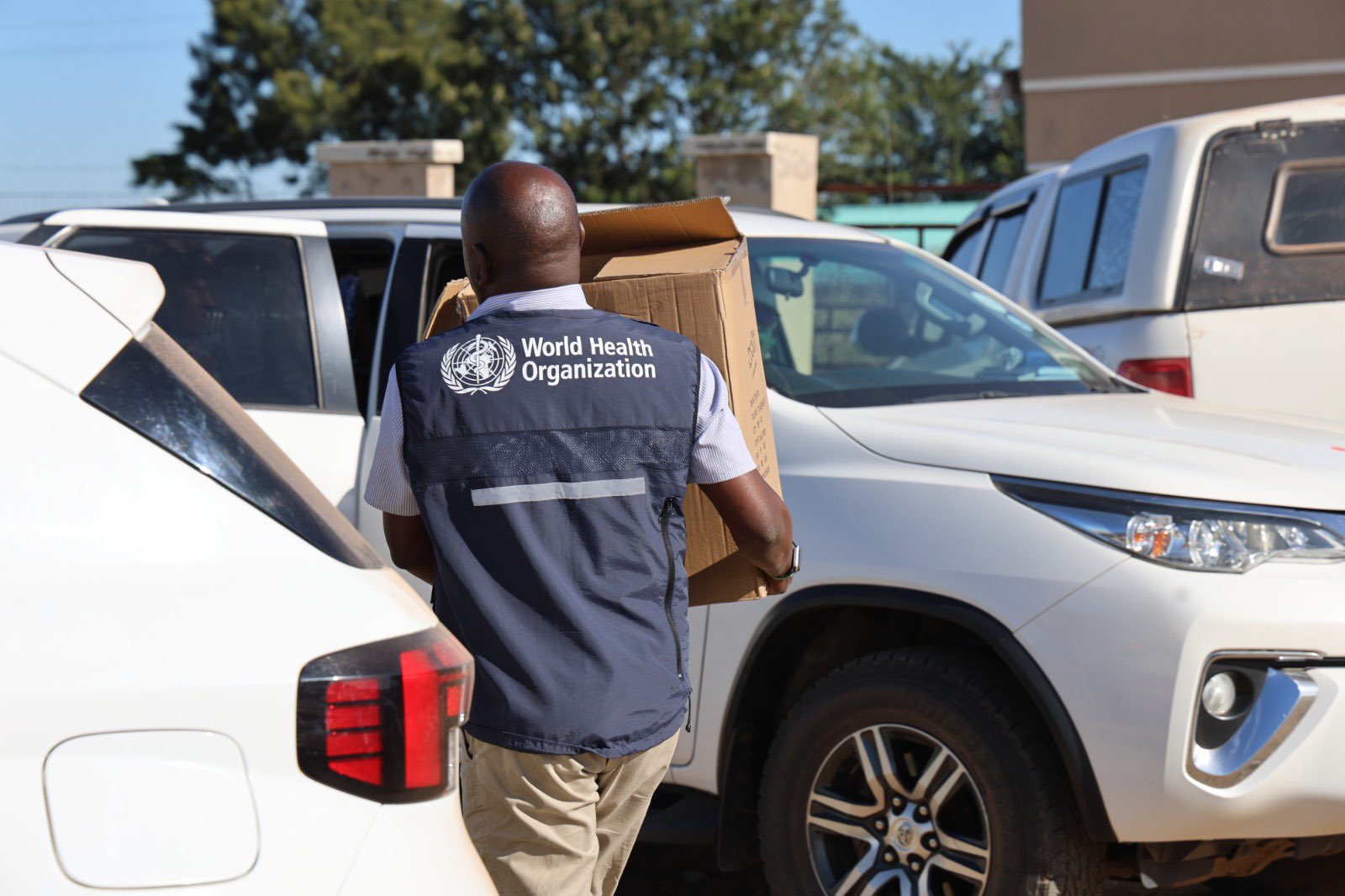Latest WHO Report
Global Health Gains Stalling, WHO Warns in New Report
Summary
- Global life expectancy dropped by 1.8 years between 2019 and 2021, the sharpest decline in recent history.
- Maternal and child health progress has stalled; premature deaths from noncommunicable diseases are rising.
- WHO surpasses target with 1.4 billion more people living healthier lives, but access to essential care lags behind.
Geneva — A new World Health Organization (WHO) report reveals that global health progress is slowing, with life expectancy dropping dramatically and key health targets at risk.
According to the report, the world lost 1.8 years in life expectancy between 2019 and 2021 – the steepest decline in decades – reversing years of advancement.
The findings are part of WHO’s latest statistics update, which also tracks progress towards its ambitious triple billion goals. While some milestones have been achieved, others remain worryingly out of reach.
The most notable success was seen in healthier living: by the end of 2024, 1.4 billion more people were living healthier lives, surpassing WHO’s goal. This progress was largely attributed to a reduction in tobacco use, better air quality, and improved access to clean water, hygiene, and sanitation.
However, gains in universal health coverage fell short. Only 431 million more people accessed essential health services without facing financial hardship, far below the 1 billion target.
Protection from health emergencies improved, with 637 million more people covered, but continued disruptions in international aid now threaten progress, especially in vulnerable countries.
The report also highlights growing challenges. Maternal and child mortality rates are not declining fast enough to meet global targets. Premature deaths from noncommunicable diseases—including heart disease, cancer, stroke, and diabetes—are increasing, largely due to aging populations and lifestyle risks.
There were some encouraging trends: global alcohol consumption fell from 5.7 to 5.0 liters per capita between 2010 and 2022, HIV and TB incidence rates are declining, and fewer people now need treatment for neglected tropical diseases.
Still, other threats persist. Malaria cases have been climbing since 2015, and antimicrobial resistance remains a formidable challenge.
The report paints a complex picture of progress and setbacks, underscoring the urgent need for global cooperation and sustained investment to protect future health gains.







